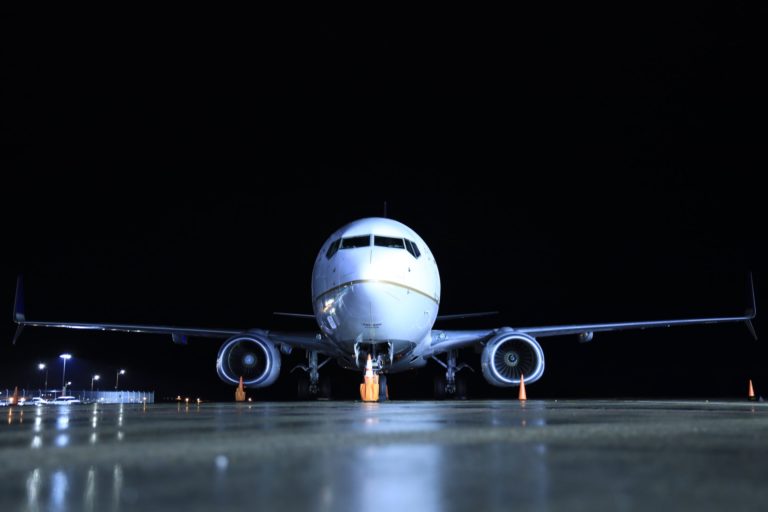With the grounding of airline fleets at the onset of Covid-19, two-thirds of world aircraft’s were placed in storage and commercial passengers decreased by 90%. While the aviation industry slowly makes inroads as more planes take to the skies, a new set of flying risks are arising such as rusty pilots and insect infestations interfering with equipment.

Allianz Global Corporate & Specialty (AGCS) recent report highlights many of the issues airlines and airports face as they restart their operations, Business Tech reports.
Rusty Pilots and Unruly Passengers
Earlier this year, as more pilots started returning to work, they also reported making common mistakes, such as taking multiple attempts to land. Many of the returning pilots cited ‘rustiness’ as a contributing factor in returning to the cockpit.
Major airlines have already developed training programs for pilots re-entering the service with AGCS regional head of Aviation, Dave Warfel commenting that they are observing the risk factors.
“At a time of such unprecedented activity, it is comforting to know that the risk management processes that made airline travel safer than any form of travel before the pandemic will continue to drive an unparalleled travel safety environment in the post-Covid-19 world,”
The unruly behaviour of passengers on board is increasingly becoming a concern, particularly in the US where the majority involved passengers refusing to wear a mask. Earlier this year, a passenger was ejected from a FlySafair flight before takeoff for refusing to wear a mask.
On average, there are 150 reports of passenger disruption on aircraft. By June 2021, there were a reported 3000 passenger disruptions, mostly involving a refusal to wear a mask.
Pilot shortages and insect infestations
It may seem strange that there could be a shortage of pilots, but AGCS lists this as a mid to long term issue as the tremendous increase in air travel before the pandemic indicated that pilot demand was outstripping supply. This shortage can lead to overworked pilots becoming fatigued and more prone to making errors. It can also result in pilots with limited qualifications and little flight time operating commercial aircraft.
Even though airlines grounded their fleets, loss exposures remained. Parked planes were exposed to extreme weather events such as hailstorms. With planes remaining grounded, there were reports of unreliable airspeed and altitude readings during an aircraft’s first flight out of storage.
This problem was attributed to undetected insect nests inside the aircraft’s pilot tubes, pressure-sensitive sensors that feed data to an avionics computer. These events led to rejected takeoffs and resulted in some planes have to turn around mid-flight.
Also Read:
Delta pilots find year-old note in stored plane written at start of pandemic
Picture: Unsplash














